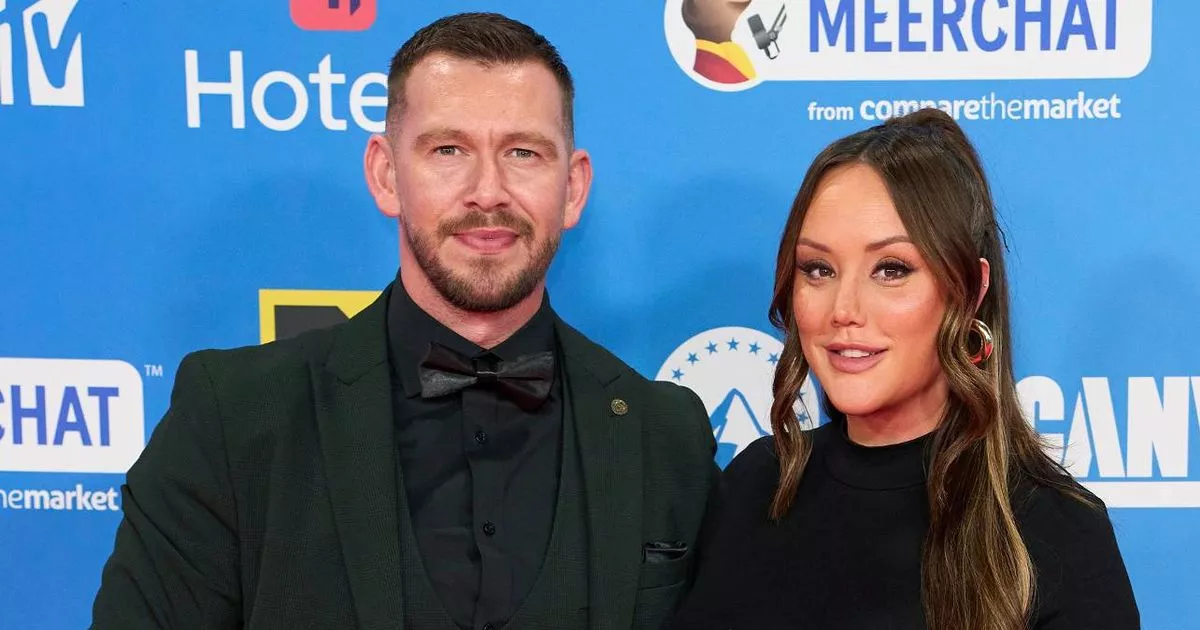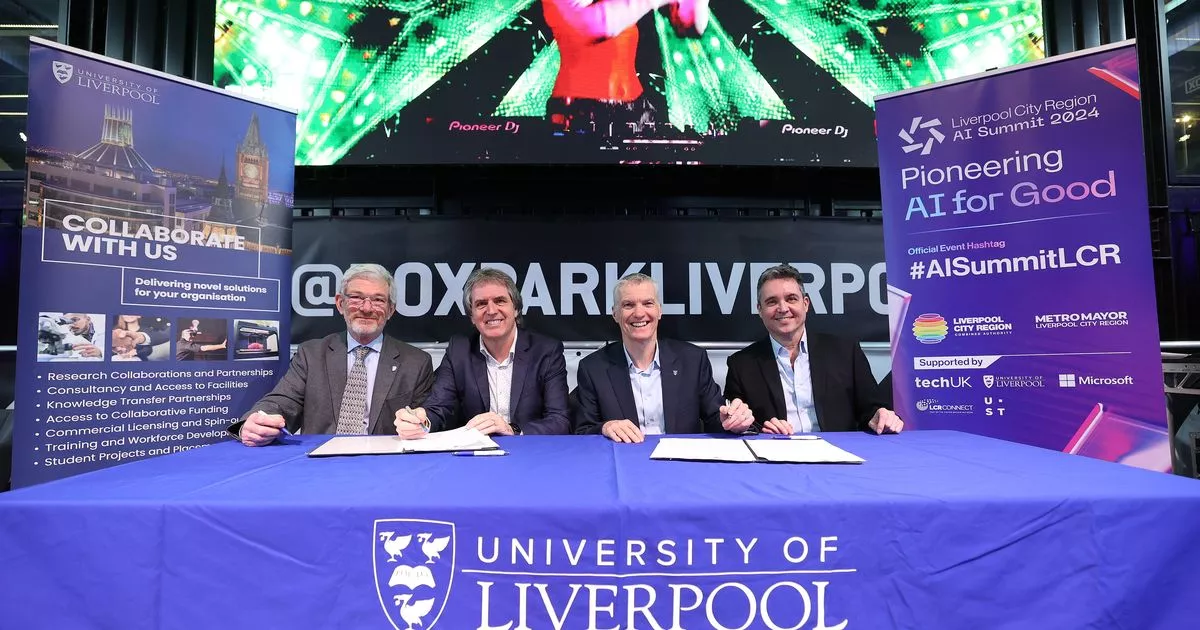
Ali Nuhu is a veteran actor and the managing director of the Nigerian Film Corporation (NFC). In this interview with PAUL OKAH, he decried the incessant deaths in the creative industry, saying, however, that the federal government has good plans for the entertainment industry.
Could the incessant deaths be attributed to lack of welfare, carelessness, and veterans’ inability to save for the rainy day?
Nobody would want to undertake any activity that portends great threat to his or her life. This explains why such occurrences are termed accidents. Every production set ordinarily should have provisions for cast and crew welfare, equipment safety, location safety, project insurance, life insurance and many more. We cannot directly attribute these deaths to welfare, carelessness or inability of the filmmakers to save for the rainy day. Film making transcends the art, the act or screen glamour. It is business as well. And many stakeholders have chosen filmmaking – acting, producing, directing, make-up/stunts, creative art/set designs, costumes as career. In doing so, they know that making savings is necessary to enable bills to be met. NFC will continue to advocate and support film industry policy initiatives that promote friendly and safety working conditions, including medical, health and life insurance schemes for stakeholders.
Many have alleged that the veterans in the creative industry are into juju, voodooism or diabolism; hence the ceaseless deaths of veterans and crew members; how true is that?
These are allegations, according to you. The NFC is not aware of such. Perhaps, those who allege may have reasons to hold on to such thoughts.
The Nigerian Film Corporation has also been accused by many of those in the entertainment industry of not living up to its duties as a result of the proliferation of low-budget movies; what is the true situation?
Filmmaking is by no means for all comers. Many people have made efforts in becoming filmmakers, without understanding the rubrics. There are high and low budget films all around the world, depending whether or not it’s a feature or a short film project. These are at the discretion of the owners of the movies. What matters to a producer is return on investment from the film project, which might be short, medium or long- term. It is, therefore, out-rightly false that the Nigerian Film Corporation is responsible for what you termed proliferation of low-budget movies. The NFC rather has up-scaled its financial and technical support in aid of quality movie content, given the awesome storytelling skills of our filmmakers. We are making efforts through legislative framework to strengthen the operations of the NFC. Do not forget that the nation is in dire need of more film exhibition and distribution platforms, and online platforms have come handy. Consequently, more filmmakers now have alternative exhibition platforms for their projects, which continue to excite the domestic, continental and global audiences.
Low-budget movies have also been fingered as the reason for the death of some of the actors as producers are alleged not to be interested in the safety or welfare of actors and crew members; a case in point is the recent Anam River incident that claimed the lives of Junior Pope and others. What is the Corporation doing in this regard?
Within the world film producing ecosystem, there are high and low-budget films, depending on whether or not it’s a feature or a short film project and that in its self cannot be the reason for the deaths. John Paul Odonwodo aka Junior Pope and other colleagues who have passed on will continually be in our hearts, because their footprints within the development of the Nigerian film industry will not be forgotten. It is important to note that there is no film project that the owners set out to fail or create incidences to have accidents occur. That explains why the principles of redundancy come handy on production sets. With even the highest form of safety measures anywhere, accidents still occur. However, NFC believes that in moving forward, we would need some advocacy engagements by and for filmmakers. The various industry guilds and associations are expected to equally undertake advocacy engagements for their members. The NFC will continue to sustain the necessary engagements, conversations and narratives, and also advocate and support film industry policy initiatives that are geared towards safety and professional practice.
What is the plan of the Corporation in sanitising the movie industry?
Sanitisation is rather a heavy word that could easily be misconstrued within the context of this interview. I would rather prefer what the NFC’s plans are for the film industry. From the onset, NFC’s mandate is explicitly unambiguous. Its job is to oversee the development of Nigeria’s film industry, including the establishment and running of comprehensive film training and capacity building programmes for stakeholders and upcoming/emerging talents, including the management of the nation’s audio-visual heritage through the National Film Institute and the National Film Video & Sound Archive both in Jos, Plateau state.
We have and will continue to deliver on the above, including securing more access to funding, exhibition and distribution windows, as well as more international co-production agreements that will yield more returns on investments and, of course, more positive impact on content productions that the Nigerian and offshore audiences desire; while ensuring that the sector contributes to the nations job and wealth creation, poverty alleviation policies of government. We are resolved and determined to engage in sustainable partnerships with governments, agencies and corporate Nigeria to ensure that the NFC is rightly and adequately supported, including appropriate legislative frameworks to enable it deliver quality and measurable services on behalf of the nation.
We are optimistic that in moving forward, there shall be more training and capacity building programmes for filmmakers across the country. We intend to operationalise our film training hubs at our zonal offices across the country. We intend to facilitate more institutional support for the sector, through robust engagements and facilitations, endorsements and participation in international film engagements. The list is unlimited, but we are optimistic in achieving them.
What would be your advice to actors and practitioners in the entertainment industry regarding the issue of welfare and health, especially as many rush to the public to seek financial assistance when sick?
NFC has, and will always, advocate (d) that practitioners undertake and secure themselves first before trying to impress anyone. What I mean is that, it is imperative to stay alive to be able to assist or fend for yourself or your dependents. Consequently, it is always good to manage one’s wealth and health. We are aware of the existence of tailor-made life and health insurance schemes available for filmmakers to sign up.
The Actors Guild of Nigeria (AGN) has been creating awareness around this as there is an insurance package available for filmmakers. The safety net has been liberalised to also cater for non-civil or public servants. Again, we intend to sustain this narrative. The NFC, in partnership with such health and life insurance companies, offers platforms to engage with filmmakers at any of its stakeholder’s events nationwide. Health is wealth, and we place premium on the lives of every creative.
The minister has been said to prefer relating with veteran actors and celebrities, instead of movie producers/directors, cinematographers and those considered being at the grassroots and that are supposed to give her the true picture of the problems facing the entertainment industry. Is this true?
It is not correct to allege that the Minister of Arts, Culture, and the Creative Economy in her engagements prefer one group of filmmakers to the other. The minister has been fair, equitable, hospitable and magnanimous in her engagements. She has received, and continues to receive, briefs and updates, including the challenges of the entire creative sector. She equally has demonstrated awesome passion for providing direction for dealing with all issues brought to her attention by heads of agencies under her supervision.
What would be your advice to Nigerians saying that the minister is not doing enough to improve the entertainment industry she supervises?
Those alleging that the minister is not doing enough to improve the entertainment industry are not being fair at all. How did they arrive at such deductions? What were their measuring tools? For not being drawn into this conversation, permit me to state that the minister has done much to be commended in just within one year. I know Nigerians. We like to see before we believe. We like quick fixes that don’t stand the taste of time. We must have a departure from such short expectations. There is more inflow of investments. Financial and donor agencies have decided to massively support the growth of the creative sector. More international partnerships and collaborations have been secured for the various sectors. From the eight-point agenda of the minister which has been aligned with the Renewed Hope Agenda of President Ahmed Bola Tinubu (GCFR), the nation’s creative industry has already taken off on a positive footing, and the impacts are being felt already.










